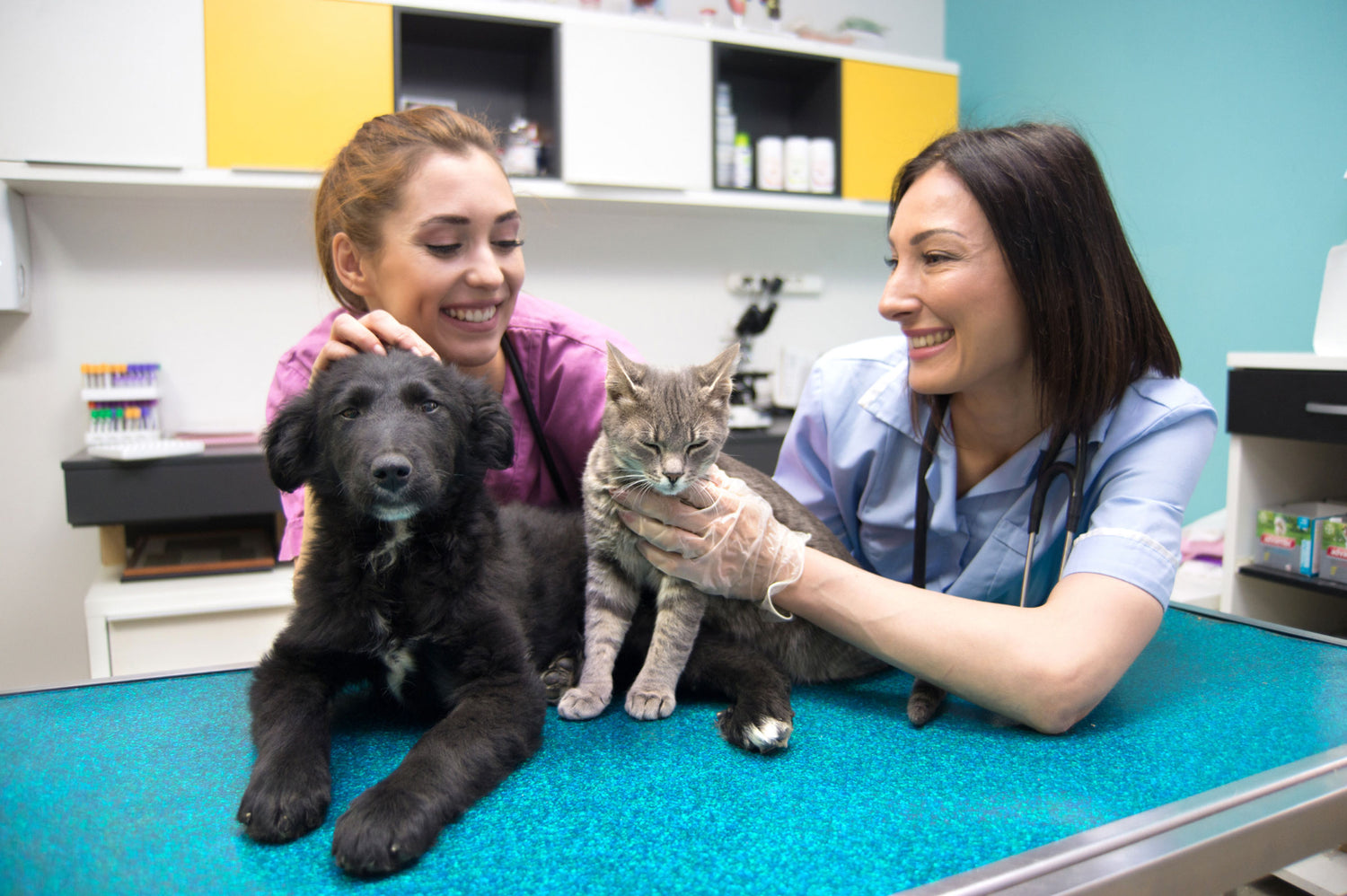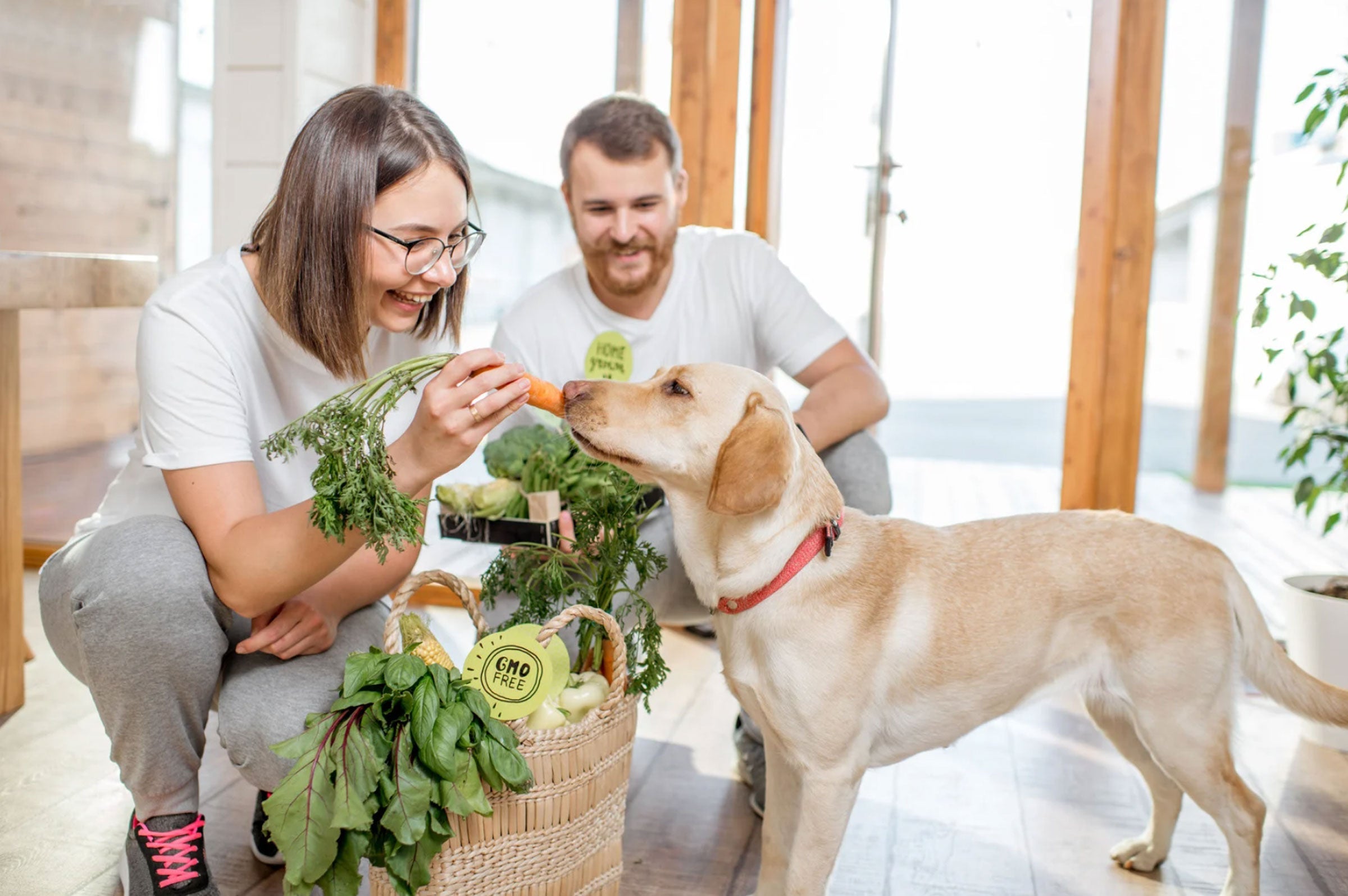Welcome to the world of pawfect smiles and feline grins! Taking care of your pet's dental health is more than just a beauty routine; it's a crucial aspect of their overall well-being. In this in-depth guide, we'll explore the often-overlooked world of pet dental care, shining a light on common oral health issues and providing you with expert-backed strategies to keep your pet's teeth sparkling and healthy. So, buckle up and get ready to add 'dental expert' to your pet parenting resume!
Understanding Pet Oral Health
Before diving into dental care techniques, it's vital to understand why oral health is so important for our pets. Just like humans, pets can suffer from a range of oral health problems, which, if left unchecked, can lead to more severe health issues. According to the American Veterinary Medical Association (AVMA), periodontal disease is the most common dental condition in dogs and cats. By three years of age, most pets show signs of dental disease, which can have serious consequences if ignored.
Common Dental Issues in Pets
- Plaque and Tartar Build-up
- Gingivitis and Periodontitis
- Tooth Decay and Loss
- Halitosis (Bad Breath)
Preventative Measures for Healthy Teeth
Prevention is always better than cure, particularly when it comes to dental health. The best way to keep your pet’s teeth healthy is a combination of at-home dental care and professional veterinary oversight.
At-Home Dental Care
- Brushing Your Pet's Teeth: Regular brushing is the cornerstone of dental care. Aim to brush your pet's teeth daily using a pet-specific toothbrush and toothpaste. Never use human toothpaste, as it can be harmful to pets. There are also oral sprays available for pets that don’t like having their teeth brushed.
- Dental Treats and Toys: There are many products on the market designed to help clean teeth and massage gums. Look for treats and toys that are approved by the VOHC® (Veterinary Oral Health Council).
- Diet: Some pet foods are formulated to support dental health. Consult with a veterinarian about the best diet for your pet's dental needs.
Professional Dental Care
Annual dental check-ups are as crucial for our pets as they are for us. A professional cleaning under anesthesia allows for a thorough examination and cleaning of the teeth and gums, ensuring any issues are addressed before they become serious. Pet Wellness Direct, with its commitment to science-based wellness solutions, emphasizes the importance of veterinary approval for products and treatments, ensuring your pet gets the best care possible.
Catching Dental Issues Early
Being proactive about your pet's dental health means keeping an eye out for warning signs of potential issues. Unusual bad breath, difficulty eating, inflamed gums, and visible tartar are all indicators that your pet may need a dental health intervention. Regular home inspections of your pet's mouth can save them from pain and prevent costly treatments in the future.
Final Thoughts
Investing in your pet's dental health is a direct investment in their happiness and longevity. By following this guide, you're on the right path to ensuring your pet's teeth stay healthy for years to come. Remember, a bright smile and fresh breath are more than just pleasing to the eye and nose; they're signs of a thriving, happy pet. Embrace the journey to optimal pet wellness with Pet Wellness Direct by your side, providing top-notch, vet-approved solutions for all your pet's needs.











